
Leaders from Ochsner, Xavier, and their partners gathered on September 13, 2022, in New Orleans to offer an overview of the Healthy State initiative during a session of the Institute for Value-Based Medicine®.
Mary Caffrey is the Executive Editor for The American Journal of Managed Care® (AJMC®). She joined AJMC® in 2013 and is the primary staff editor for Evidence-Based Oncology, the multistakeholder publication that reaches 22,000+ oncology providers, policy makers and formulary decision makers. She is also part of the team that oversees speaker recruitment and panel preparations for AJMC®'s premier annual oncology meeting, Patient-Centered Oncology Care®. For more than a decade, Mary has covered ASCO, ASH, ACC and other leading scientific meetings for AJMC readers.
Mary has a BA in communications and philosophy from Loyola University New Orleans. You can connect with Mary on LinkedIn.

Leaders from Ochsner, Xavier, and their partners gathered on September 13, 2022, in New Orleans to offer an overview of the Healthy State initiative during a session of the Institute for Value-Based Medicine®.
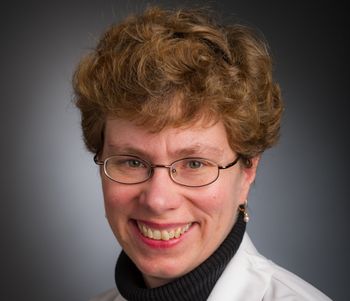
Results from the ALPINE trial were presented Tuesday at a late-breaking session of the 64th American Society of Hematology Annual Meeting and Exposition, held in New Orleans, Louisiana.
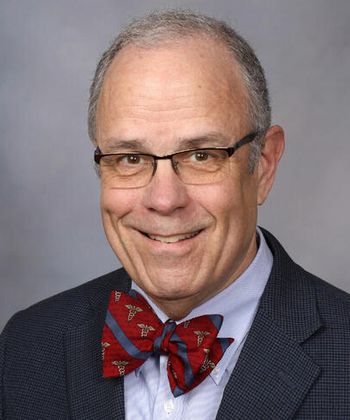
Consolidation therapy with blinatumomab significantly improves overall survival (OS) in adult patients newly diagnosed with B-cell acute lymphoblastic leukemia (B-ALL) who had no measurable residual disease (MRD negative) following initial treatment.

Coverage from the first day of the inaugural OneOncology Physician Leadership Conference, held November 11-13, 2022, in Nashville, Tennessee.

Nicole Gormley, MD, acting director of the Division of Hematology Products at FDA, explained that the agency wants to maintain momentum gained during the pandemic that moved clinical trials beyond the walls of academic centers.
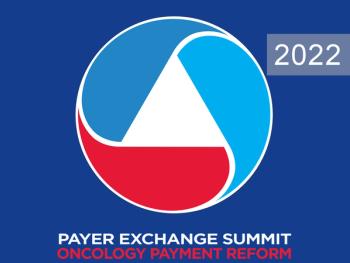
Coverage from the Community Oncology Alliance Payer Exchange Summit, held in Tyson's Corner, Virginia, October 24-25, 2022.

Results of a phase 3 study presented Sunday found efgartigimod allowed a third of patients with immune thrombocytopenia (ITP) to quickly achieve platelet levels that signal an ability to avoid sudden bleeding events.

The Association of Community Cancer Centers' 39th National Oncology Conference took place October 12-14 in West Palm Beach, Florida.
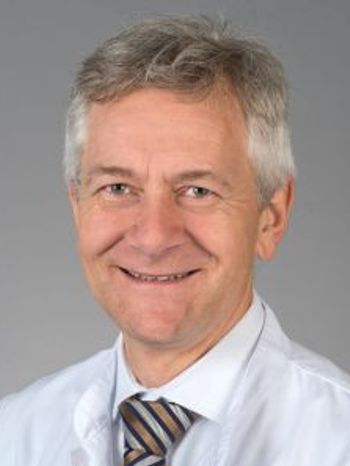
Results from a phase 3 study of patients with acute myeloid leukemia (AML) are being presented at the 64th American Society of Hematology Annual Meeting and Exposition in New Orleans, Louisiana.
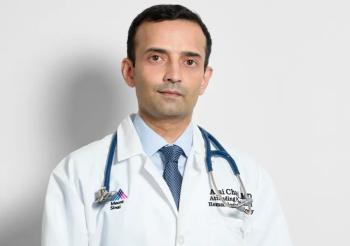
Results for talquetamab presented at the 64th American Society of Hematology Annual Meeting and Exposition showed that about 70% of patients with multiple myeloma had responses.

Initial data on NTLA-2001, which is a novel investigative intravenous agent that works to prevent development of cardiac transthyretin (ATTR) amyloidosis by targeting the TTR gene and TTR protein levels, were presented at this year’s American Heart Association’s Scientific Sessions in Chicago.
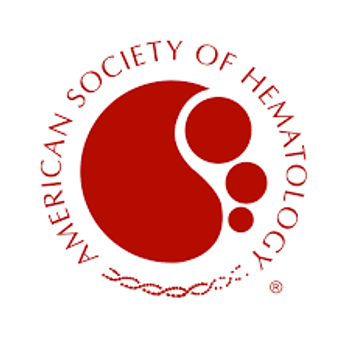
The 64th American Society of Hematology (ASH) Meeting & Exposition will run Saturday through Tuesday in New Orleans, Louisiana, at the Ernest N. Morial Convention Center.

Investigators from Fred Hutchison Cancer Research Center hoped to gain insights into what factors can predict success with axi-cel in patients with relapsed or refractory diffuse large B-cell lymphoma (DLBCL).
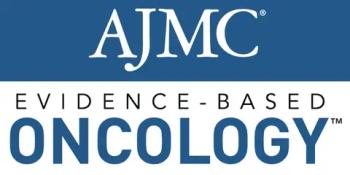
Coverage from the Institute for Value-Based Medicine® session with Astera Cancer Care in Edison, New Jersey, held November 3, 2022.

Coverage from the Institute for Value-Based Medicine® session with Astera Cancer Care in Edison, New Jersey, held November 3, 2022.

During an Institute for Value-Based Medicine® event held in New York City, Samyukta Mullangi, MD, MBA, fellow in medical oncology at Memorial Sloan Kettering Cancer Center, discussed how disruptions from the COVID-19 pandemic are ushering in health care delivery reform.

Stephen M. Schleicher, MD, MBA, chief medical officer at Tennessee Oncology, addresses the “huge problem” of financial toxicity among patients with cancer, which can be attributed in part to both the high price of targeted treatments and even from ordering only necessary testing.
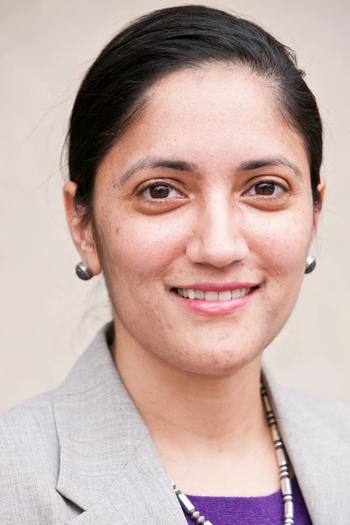
Former Obama administration official Kavita Patel, MD, MS, told a gathering of the OneOncology Physician Leadership Conference that policy leaders and members of Congress need input on the realities of oncology practice finances.

Edward Licitra, MD, PhD, who is CEO of Astera Cancer Care, based in East Brunswick, New Jersey, and Edward “Ted” Arrowsmith, MD, of the Chattanooga office, Tennessee Oncology, shared ideas during a panel discussion at the OneOncology Physician Leadership Conference, held Friday through Sunday in Nashville, Tennessee. Sheri Chatterson, MSM, MBA, CFHP, vice president of payer relations at OneOncology, led the discussion.
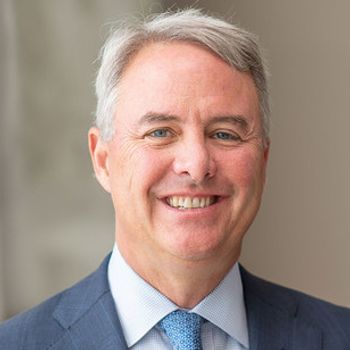
Jeff Patton, MD, CEO of OneOncology, kicks off the first annual Physician Leadership Conference by outlining the competitive challenges for community practices and leads a discussion with Adam Boehler, former head of the Center for Medicare and Medicaid Innovation.
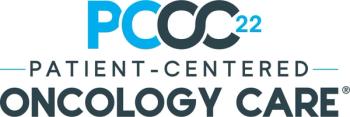
Patient-Centered Oncology Care® (PCOC) begins Wednesday in Tennessee with 2 days of discussions on how to achieve the related goals of closing health care disparities and eliminating barriers for patients.

Keith C. Ferdinand, MD, FACC, FAHA, FASPC, FNLA, professor of medicine and the Gerald S. Berenson Endowed Chair in Preventative Cardiology, Tulane University School of Medicine, discusses the results of the recently halted FRESH trial, why there is such a great need for new antihypertensive agents, and possible contributory factors to outcome disparities between Black and White patients.

The DELIVER trial is the largest trial to date of SGLT2 inhibitor use in heart failure, and these latest data on dapagliflozin in heart failure with mildly reduced or preserved ejection fraction show an extensive benefit on health status, noted Mikhail Kosiborod, MD, cardiologist at St. Luke's Mid America Heart Institute in Kansas City, Missouri.

The latest real-world clinical practice data from the VICTORIA trial of vericiguat bolster previous data on the medication’s benefit by showing that 92% of patients hospitalized for a worsening heart failure event would be eligible to start the therapy and that doing so would reduce their risk of heart failure hospitalization and cardiovascular death, noted Stephen J. Greene, MD, Duke University Medical Center and the Duke Clinical Research Institute.

Douglas L. Mann, MD, professor of medicine at Washington University School of Medicine in St. Louis and editor-in-chief of JACC: Basic to Translational Science discussed the first set of data reported on NTLA-2001, a novel investigative intravenous agent that targets the TTR gene and TTR protein levels, which have been shown to play a role in development of cardiac transthyretin (ATTR) amyloidosis.

Posters presented at the American Heart Association (AHA) Scientific Sessions in Chicago, Illinois, found that the neighborhood income and socioeconomic status had an effect on heart failure and all-cause readmission rates.
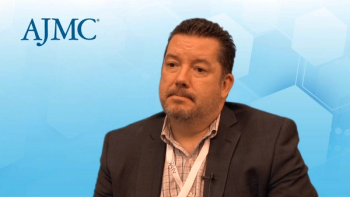
340B was developed with positive intentions, but has resulted in unintended consequences, said Edward J. Licitra, MD, PhD, chairman and chief executive officer, Astera Cancer Care.

"We need to get rid of all obstacles that are getting in the way of the patient getting their care," said Bo Gamble, director of strategic practice initiatives at Community Oncology Alliance (COA).
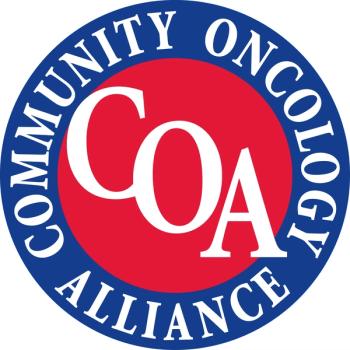
Brian Corvino, MBA, managing director, Life Sciences and Health Care Practice, Deloitte Consulting, LLP, offered an overview of how the surge of innovation in oncology—and resulting drug approvals—dominate the biopharmaceutical sector. He spoke at the Community Oncology Alliance's Payer Exchange Summit.

The quest to deliver better cancer care—with better outcomes and patient experience—is not a one-size-fits-all journey, as seen in panels during the Community Oncology Alliance (COA) Payer Exchange Summit, held in Tyson’s Corner, Virginia.

259 Prospect Plains Rd, Bldg H
Cranbury, NJ 08512
© 2025 MJH Life Sciences®
All rights reserved.
